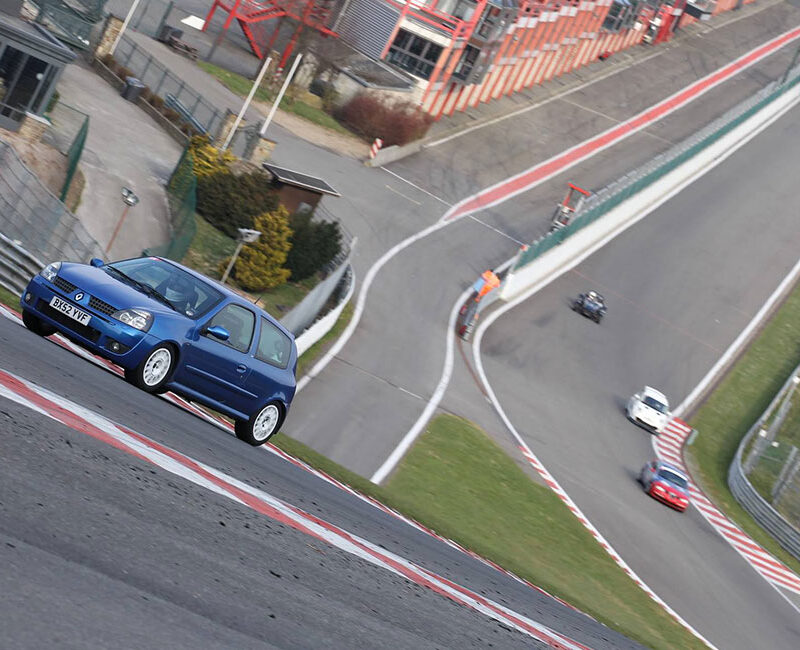Choosing the Right Car for Track Days
Embarking on track days is an exciting foray into the world of high-performance driving. One of the first decisions you’ll face is selecting the right car for the experience. This choice is crucial, as it impacts not only your enjoyment but also your safety and learning curve. Here’s a detailed guide on how to choose the best car for your track days, considering factors like performance, reliability, and cost, along with advice on modifications and setups.
Understanding Your Objectives
Before diving into car choices, ask yourself what you hope to achieve:
- Skill Development: If you’re a beginner, a car with manageable power and good handling can offer a better learning experience.
- High Performance: More experienced drivers might seek powerful, track-focused cars.
- Budget: Consider both the upfront cost and ongoing maintenance.
Types of Cars Suited for Track Days
- Hot Hatches: Cars like the Volkswagen Golf GTI or Ford Fiesta ST are popular for their balance of affordability, performance, and handling. They’re great for beginners.
- Sports Coupes and Sedans: Think BMW M3, Porsche Cayman, or Subaru WRX STI. These offer more power and advanced handling but at a higher cost.
- Dedicated Track Cars: Models like the Caterham 7 or Ariel Atom are built for the track. They offer exceptional performance but are less practical for everyday use.
- Classic Sports Cars: Older models like the Mazda MX-5 Miata or Porsche 911 can be affordable entry points and offer a raw driving experience.
Performance Considerations
- Power-to-Weight Ratio: A car with a high power-to-weight ratio offers better acceleration and agility.
- Handling: Look for cars with good balance and responsive steering. Suspension upgrades can greatly improve a car’s track capability.
- Braking: Strong, reliable brakes are essential. Consider cars with upgraded or upgradable brake systems.
Reliability and Maintenance
- Durability: Some cars handle the rigours of track use better than others. Research common issues and reliability of models you’re considering.
- Maintenance Costs: Track driving can accelerate wear and tear. Consider the availability and cost of replacement parts.
Modifications and Setups for Track Use
- Safety Upgrades: Consider installing a roll cage, racing seats, and harnesses for enhanced safety.
- Suspension: Upgraded shocks, springs, and anti-roll bars can improve handling.
- Brake Upgrades: High-performance brake pads, discs, and fluid are essential for sustained braking performance.
- Tyres: High-performance tyres can dramatically improve grip and handling.
- Weight Reduction: Removing unnecessary weight can improve performance.
Budgeting for a Track Car
- Initial Purchase: Don’t overspend on the initial purchase. Leave room in your budget for necessary modifications and maintenance.
- Running Costs: Factor in fuel, tyre, brake, and general maintenance costs.
Test Drive Before You Buy
Always test drive a potential track day car. This will give you a sense of its performance, handling, and suitability for your skills and preferences.
FAQs for Choosing the Right Car for Track Days
Q: Is it better to have a dedicated track car or a road-legal car for track days? A: It depends on your budget and goals. A dedicated track car typically offers better performance but isn’t practical for daily use. A road-legal car offers versatility.
Q: Can I use my daily driver for track days? A: Yes, many people use their daily cars for track days. Just ensure it’s well-maintained and consider making some performance upgrades.
Q: How important is horsepower in a track day car? A: While horsepower is important, handling and driver skill are often more crucial on a track.
Q: Should I buy a car already modified for the track? A: Buying a pre-modified car can save time and money, but ensure the modifications are high quality and suit your needs.
Q: Are older cars a good choice for track days? A: Older cars can be a cost-effective option, but be prepared for potentially higher maintenance and upgrade costs.
Choosing the right car for track days is a balance of performance, reliability, and budget. Whether you opt for a hot hatch, a sports sedan, or a dedicated track monster, the key is to choose a car that you’ll enjoy and that suits your driving ambitions. Remember, the best track day car is one that brings you joy both on and off the circuit.

